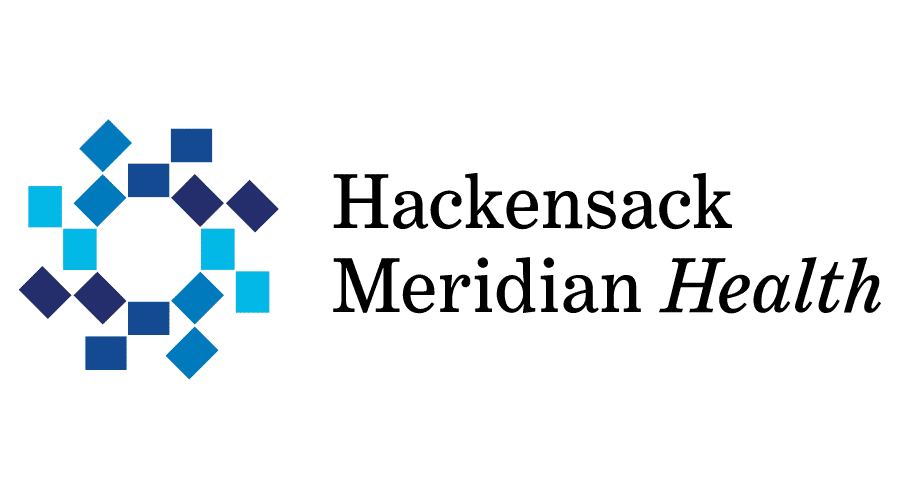(Edison, NJ – April 9, 2024) – Hackensack Meridian Neuroscience Institute at JFK University Medical Center announced today that it has been awarded a major research grant from the National Institute of Neurological Disorders and Stroke, part of the U.S. National Institutes of Health, to study a novel approach on whether the blocking of formation of Neutrophil extracellular traps (NET) provides better outcomes after a Traumatic Brain Injury (TBI). The five-year award of $2,213,750 is part of the highly competitive NIH extramural grant application process that recognizes innovative scientific projects. NIH-funded research has led to scientific breakthroughs and new treatments that help people live longer, healthier lives.
The NIH grant will fund a project entitled “Neutrophil Extracellular Traps And Associated Pathogenesis In TBI: A Novel Peptide Therapeutic Strategy” proposed by Mohammed Abdul Muneer, MSc, PhD, Research Scientist & Principal Investigator, Hackensack Meridian Neuroscience Institute at JFK University Medical Center, and Associate Professor of Neurology at the Hackensack Meridian School of Medicine.
The work hypothesizes that inhibition of peptidyl arginine deiminase type 4 (PAD4), an enzyme required for NET formation, using PAD4 antagonistic peptide (PAP), will attenuate the formation of NET, NET-induced thrombosis, and will promote neovascularization and functional recovery after TBI.
“We are honored to receive this prestigious NIH grant,” said Gregory J. Przybylski, M.D., MBA, chairman, Hackensack Meridian Neuroscience Institute at JFK University Medical Center, and Professor of Neurosurgery at the Hackensack Meridian School of Medicine. “I congratulate Dr. Muneer and his team for this incredible achievement. This is yet another research grant that he has received from the NIH. It is a testament to his hard work, dedication, and leadership in the neuroscience field.”
The Muneer lab at the Hackensack Meridian Neuroscience Institute at JFK University Medical Center seeks to demonstrate a unique therapeutic strategy for TBI focusing on the activation of leukocytes, especially neutrophils that cause the release of nuclear and granular contents to form an extensive web-like structure of DNA called neutrophil extracellular traps (NET). In TBI, the mechanism of injury-induced formation of NET and its mechanistic regulatory role in thrombosis have remained elusive. Moreover, it is unclear whether blocking NET formation provides better outcomes after TBI. Therefore, Dr. Muneer’s novel research efforts to suppress the formation of NET will provide critical information potentially supporting a valuable new therapeutic strategy to enhance functional recovery following TBI.
“My research team and I will study an approach to suppressing the formation of NET, which may be a valuable therapeutic strategy, and analyze the efficacy of the therapy in the functional recovery level after TBI,” said Dr. Muneer.
“The Neuroscience Institute at JFK University Medical Center has been in existence for over 30 years,” said Gay Holstein, PhD, translation research, Neuroscience Institute at JFK University Medical Center. “We are honored to receive this research grant and look forward to the findings.”
“TBI is such an omnipresent problem, it’s critical to have our talented researchers findings new ways to improve and lengthen lives for this significant patient population,” said Ihor Sawczuk, M.D., FACS, president of Academics, Research, and Innovation at Hackensack Meridian Health, founding chair of the Hackensack Meridian Health Research Institute, and associate dean of Clinical Integration and professor and chair emeritus of Urology at the Hackensack Meridian School of Medicine.
About Hackensack Meridian JFK University Medical Center
Serving residents of central New Jersey for more than 50 years, JFK University Medical Center offers a complete array of advanced services in its 498-bed facility located in Edison, N.J. With more than 1,000 affiliated physicians, this academic medical center offers a complete spectrum of advanced services including general and specialized surgery, cardiac care, maternity and pediatrics, oncology, imaging, breast center, sleep center, wound care, robotic surgery, emergency medicine, weight loss surgery, and radiology. It is home to the world-renowned JFK Neuroscience Institute that diagnoses and treats brain, spine and nervous system disorders. To learn more, visit hackensackmeridianhealth.org/JFKUMC.
ABOUT HACKENSACK MERIDIAN HEALTH RESEARCH INSTITUTE (HMHRI):
HMHRI leads and organizes a connected ecosystem bringing together clinicians, scientists, and educators to respond to the health problems of our time, in real-time. HMHRI is dedicated to accelerating discovery, innovation, and translation of scientific breakthroughs that address unmet clinical needs.
SOURCE; HACKENSACK MERIDIAN HEALTH RESEARCH INSTITUTE (HMHRI)









